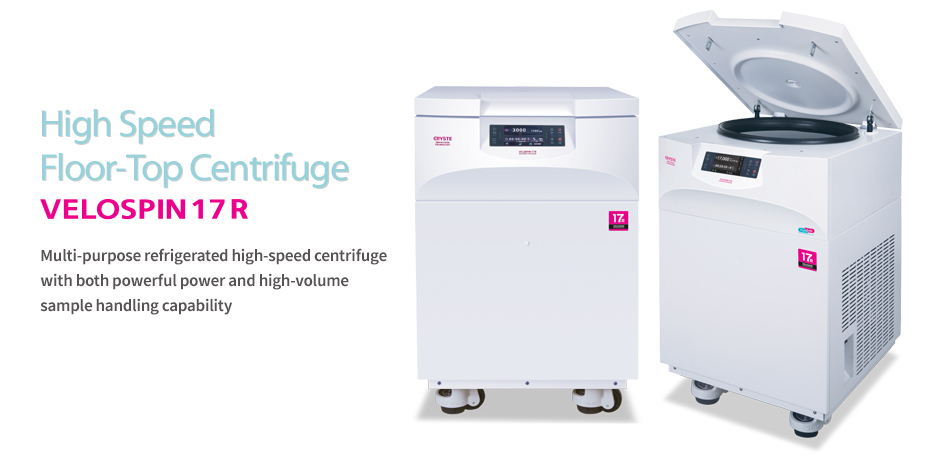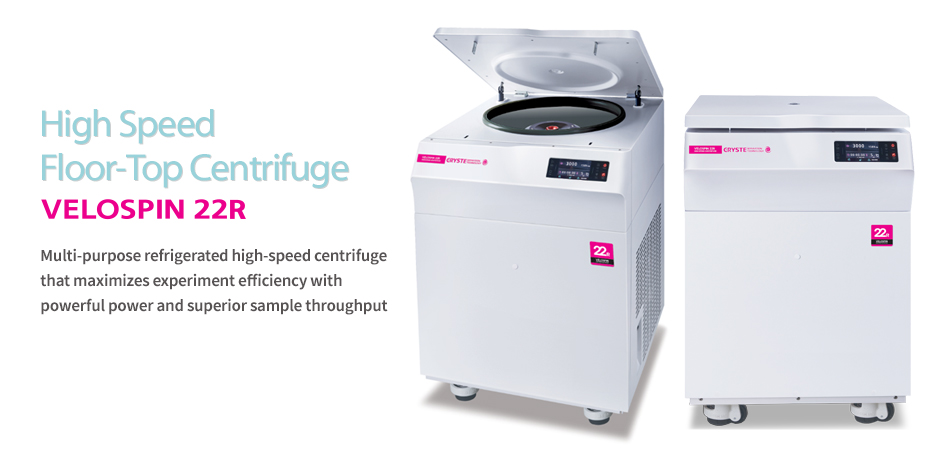Micro Centrifuge
A microcentrifuge is a laboratory instrument used to rapidly spin small samples of liquid at high speeds. It is designed to accommodate small tubes or vials, typically with a volume range of 0.2 mL to 2 mL. Microcentrifuges are commonly used in molecular biology, biochemistry, and clinical laboratories for a variety of applications, including:
Pelleting of cells or precipitates: By spinning samples at high speeds, the centrifugal force causes the denser particles to settle at the bottom of the tube, forming a pellet. This is useful for separating cells from a liquid medium, isolating cellular organelles, or collecting precipitated proteins or DNA.
DNA/RNA extraction: Microcentrifuges are used to separate DNA or RNA from other cellular components in a sample. By centrifuging the sample, the DNA or RNA can be collected in a pellet, while other contaminants are removed in the supernatant.
Protein purification: Centrifugation can be employed to separate proteins from a mixture based on their size, density, or solubility. This enables the isolation of specific proteins or the removal of unwanted impurities.
Enzyme assays: Microcentrifuges are used to quickly separate reaction mixtures containing enzymes and their substrates. By centrifuging, the reaction can be stopped, and the supernatant can be analyzed for enzyme activity or other biochemical assays.
Sample preparation: Microcentrifuges are often used for various sample preparation techniques, including mixing, vortexing, and quick sedimentation of particles. For example, in PCR (polymerase chain reaction) experiments, microcentrifuges are used to spin down samples before loading them onto a thermocycler.
Microcentrifuges come in various sizes and configurations, with features such as adjustable speed and temperature control. They are compact, benchtop instruments that can accommodate multiple tubes simultaneously and operate at high speeds, typically up to 20,000 to 21,000 RPM (revolutions per minute) or higher.
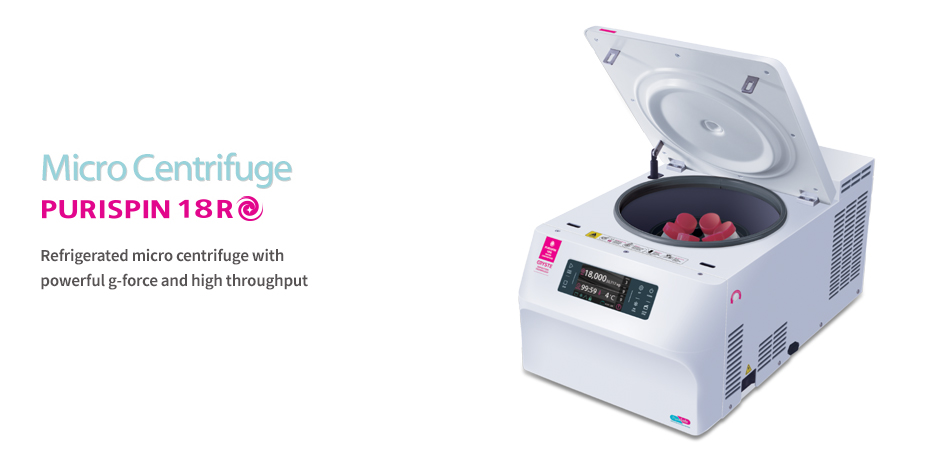
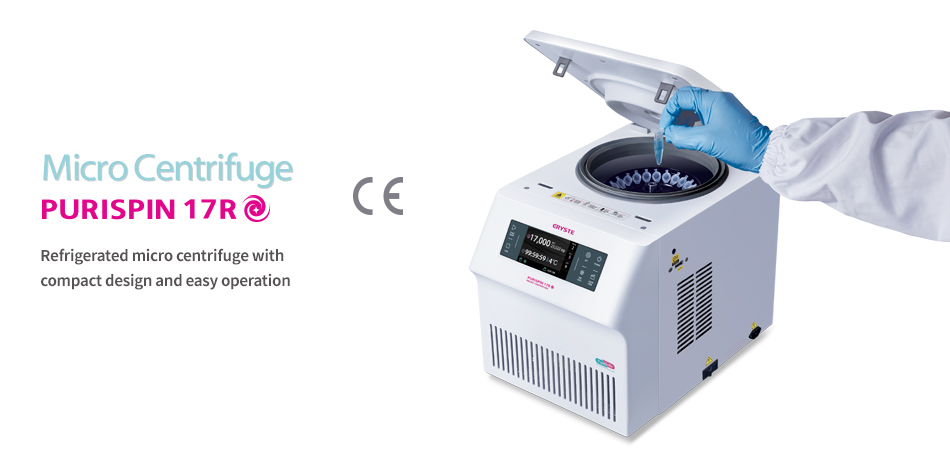
Multi-Purpose Centrifuge
A multi-purpose centrifuge is a laboratory instrument that can perform various centrifugation tasks, accommodating different types of samples and applications. Unlike specialized centrifuges designed for specific purposes, a multi-purpose centrifuge offers versatility by providing a range of features and options.
Some common features and capabilities of multi-purpose centrifuges include:
Speed and capacity: Multi-purpose centrifuges can typically achieve a wide range of speeds, allowing for both high-speed and low-speed applications. They also offer flexibility in terms of sample capacity, accommodating various tube sizes and volumes.
Rotor options: These centrifuges often come with interchangeable rotors or rotor adapters that can hold different types of tubes, including microcentrifuge tubes, conical tubes, or even larger bottles. This allows for the processing of different sample volumes and types.
Programmable settings: Many multi-purpose centrifuges have programmable options for setting specific centrifugation parameters, such as speed, time, and temperature. This feature enables precise control and automation of centrifugation protocols.
Temperature control: Some models of multi-purpose centrifuges offer temperature control capabilities, allowing samples to be centrifuged at specific temperatures. This is particularly useful for applications that require temperature-sensitive samples, such as enzymatic reactions or protein purifications.
Multiple centrifugation modes: Multi-purpose centrifuges may offer various centrifugation modes, including fixed-angle, swinging-bucket, or vertical (sedimentation) rotor configurations. Each mode is suitable for specific applications, such as pelleting, separation, or density gradient centrifugation.
Safety features: These centrifuges typically come equipped with safety features like lid-locking mechanisms, imbalance detection, and automatic rotor recognition to ensure safe operation and prevent accidents.
The versatility of multi-purpose centrifuges makes them valuable assets in research, clinical, and industrial laboratories. They can be used for a wide range of applications, including cell culture, DNA/RNA purification, protein isolation, sample preparation, and general centrifugation needs.

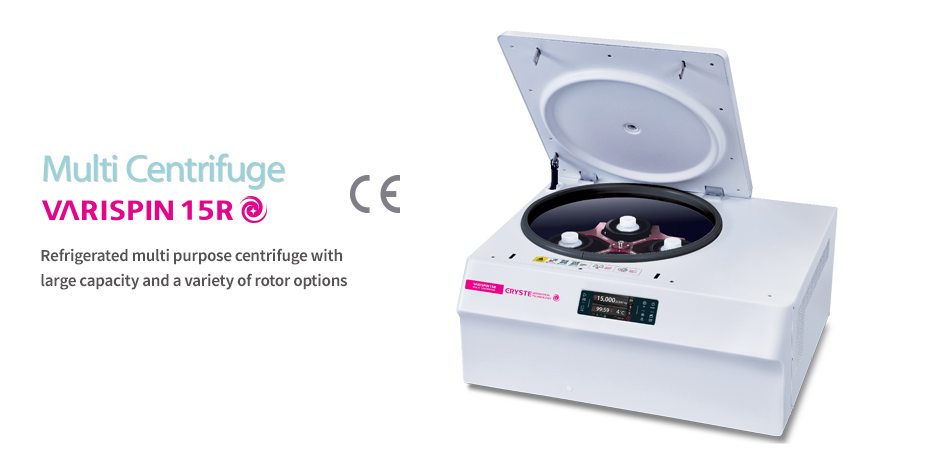
Floor-Top Centrifuge
A floor-top centrifuge, also known as a floor-standing centrifuge, is a type of centrifuge that is designed to be placed on the floor rather than on a benchtop or table. These centrifuges are generally larger and more powerful than benchtop models, and they are commonly used in industrial settings, clinical laboratories, and research facilities where high-capacity and high-speed centrifugation is required.
Some key features and characteristics of floor-top centrifuges include:
Size and capacity: Floor-top centrifuges have larger capacities compared to benchtop models, allowing them to accommodate a greater volume of samples. They are capable of spinning larger tubes, bottles, or plates, making them suitable for processing larger sample volumes or handling bulk samples.
High-speed performance: These centrifuges are designed to operate at high speeds, typically ranging from several thousand to tens of thousands of revolutions per minute (RPM). The higher speeds enable rapid sedimentation or separation of particles or components within the sample.
Versatility in rotor options: Floor-top centrifuges often offer a wide selection of rotors, including fixed-angle, swinging-bucket, and vertical rotors. These rotors can accommodate different tube sizes and types, allowing for flexibility in sample processing.
Advanced control and programming: Many floor-top centrifuges come equipped with advanced control panels or touchscreens that allow users to set specific parameters such as speed, time, temperature, and acceleration/deceleration profiles. This enables precise control over centrifugation protocols and the ability to program complex protocols for consistent and reproducible results.
Enhanced safety features: Due to their larger size and higher speeds, safety features are crucial in floor-top centrifuges. These may include features such as automatic lid locking, rotor imbalance detection, and emergency lid release mechanisms to ensure safe operation and prevent accidents.
Floor-top centrifuges are commonly used in applications such as bioprocessing, cell culture, blood banking, large-scale sample preparation, and industrial production. They are capable of handling high volumes of samples, processing them quickly and efficiently, and are an essential tool in many scientific and industrial laboratories.
